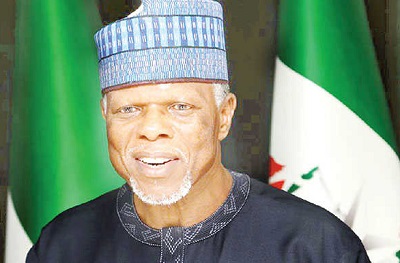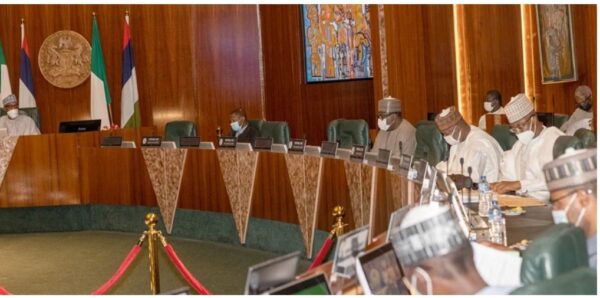Why Nigeria-Benin Regional Integration Agreement Hasn’t Take Off–Bomodi

The Customs Area Controller(CAC), Seme Customs Command, Compt. Timi Bomodi has said that differences in the Customs processes and procedures of the Nigeria Customs Service(NCS) and the Customs Service of Benin-Republic is the reason for the delay in enforcement of the Terms of Reference for the Nigeria-Benin Customs integration.
The concept of Customs integration is pursuant to the subject of Regional Integration to ensure seamless trade within the West African sub-region through elimination of barriers posed by multiple customs processes within countries in the region.
Recall that the former CAC, Seme Customs Command, Dera Nnadi Mni had disclosed that both countries were set to set up a committee and receive a Terms of Reference which would be a template for integrating both Customs Services on September 29, 2023.
Bomodi however explained that while agreements have been reached, the process of implementation may still be in view as the Nigeria Customs Service uses a portal different from the Customs Information Communication Technology portal used by the Customs Service of Benin Republic.
He stated that true integration would mean finding a common ground in the systems of both countries Information Communication Technology and reaching a compromise on trade policies which would promote growth for both countries while upholding the sovereignty of both nations.
“There was a tentative agreement to harmonise our processes and procedures. We were able to have far reaching conclusions especially when we had the meeting in Abuja. First there was a meeting that took place in Benin Republic and then another meeting that took place in Abuja.
“The intention was to see how we can harmonise our operations and processes even up to the point of harmonising fiscal policies so that items that are prohibited in Nigeria are also prohibited in Benin Republic but that is at the level of policy. Customs can only advise on it. That is the proposal that is being made at the highest level of government. This will enhance trade if it comes to fruition such that once cargoes destined for Nigeria arrive in Benin Port, we could examine these cargo at their port, raise duty, carry out assessment, do the examination there and release these goods into the Nigerian market without them coming to the border to spend time again waiting.
“Indeed the examination of these cargo in Benin would be so comprehensive that there would be no need to subject them to another kind of review. And it would be very important from the area of revenue generation and trade facilitation because the speed that we intend to achieve will be enormous. These agreement have been arrived at but like every new thing, you can’t go from point A to Z without passing through all the other requirements.
“The requirements are beyond what is written. You now need to go into nuts and bolts on how to achieve this. We have to look into the integration of our systems. We use two different systems. We are using the Nigerian Customs Integrated System II (NICIS II) here, they are using another platform which we have already used before. But when you are talking about Integration, you are going to have to find a common ground. At the level of policy, processes and procedures, how do you transmit manifest? How do you account for other agencies who have a statutory role to play in terms of examination of cargo?
“All these are the bolts and nuts tying these arrangements together. Until we are able to cross all the “T”s and dot the “I”s, we cannot go into the execution of these agreements. In a not too distant future, that would be our reality and we are consciously working towards that. We are constantly meeting with all relevant government agencies.”
Bomodi further explained that in light of the Africa Continental Free Trade Agreement (AfCFTA), once the harmonisation of trade processes is reached and the Service gets policy directive from the government, business would return to the corridor.
“Once we are able to harmonise this, we await the policy directive of the government on what can actually move in here. There are certain restrictions in place. We are confident that trade would resume soon and we encourage people who have left this corridor seeing that trade has been on a decline to dust their books to come back to action. We too as officers here have prepared ourselves. We are talking to ourselves and are engaging in very practical ways.
“Indeed the Lagos-Abidjan corridor is the single most important corridor in terms of trade when you look at volume, population and all the potentials that present themselves. I won’t be surprised if we have up to ten lanes, I won’t be surprised if we have stops that are purposely designed to accommodate the needs of this people. I don’t know what they intend to do but I can tell you that there would be radical change in terms of infrastructure that would be introduced into this corridor which our business persons in Nigeria and outside Nigeria would benefit from.”







